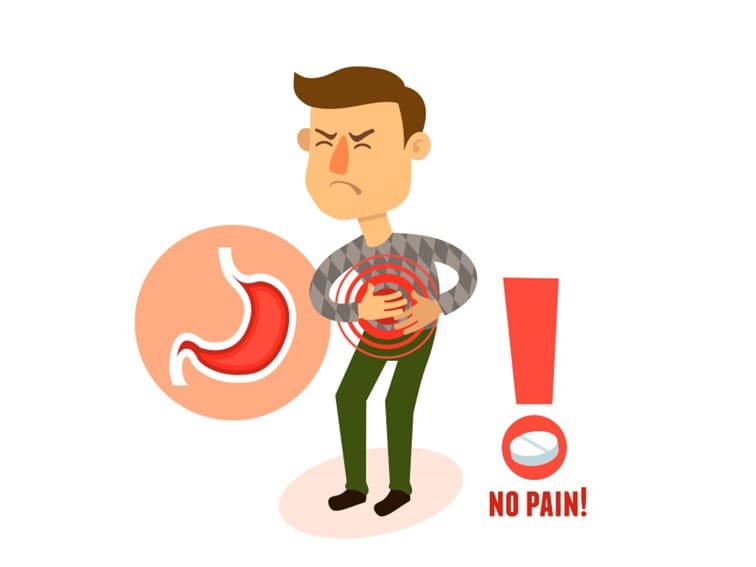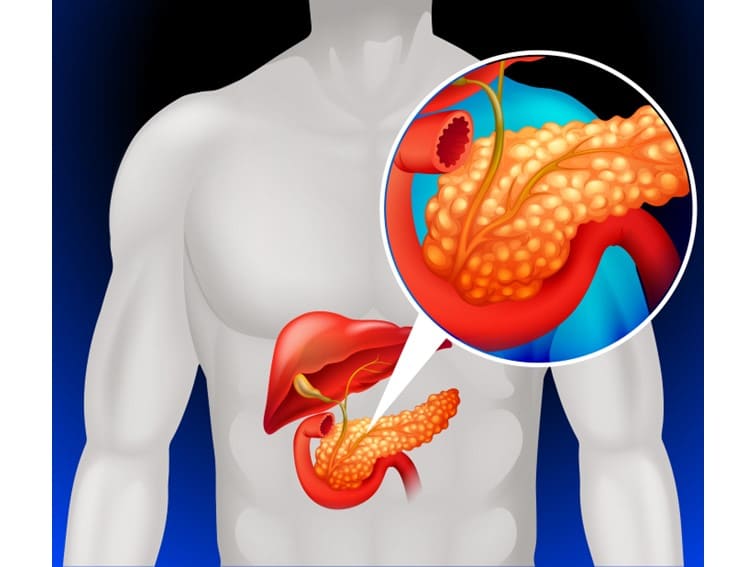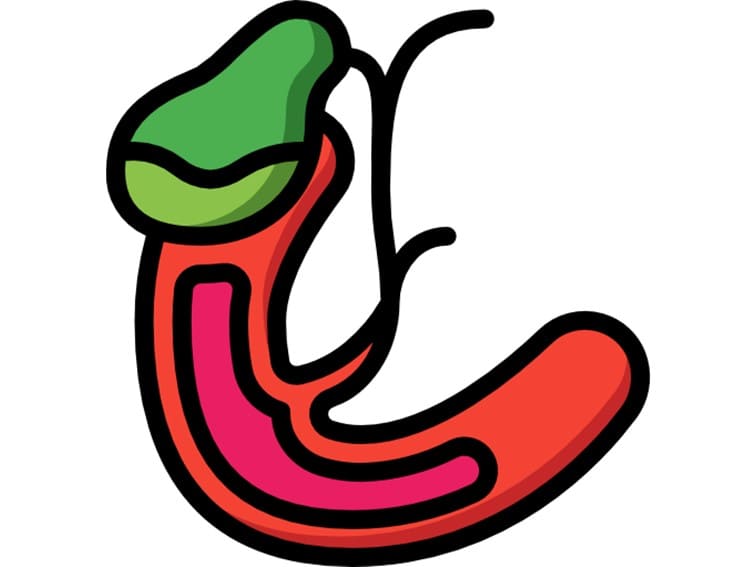Stomach pain specialist Hyderabad | Dr. Datta Ram U
Many people experience abdominal pain as there are many potential causes. In general, abdominal pain due to indigestion, gas, bloating, and abdominal muscle sprains or spasms is not very serious. However, there are other potential conditions and causes that may require immediate medical attention. Location and pattern of abdominal pain give indications about the cause Let us try to understand the types of abdominal pain – acute, chronic, and progressive abdominal pain.
Acute abdominal Pain
Acute abdominal pain begins, continues, and gets resolved within a few hours or a few days. It may be associated with other symptoms that develop over hours to days. In most cases, the causes are due to minor conditions. Therefore, acute pain may resolve within a few days without any treatment. However, sometimes the causes of abdominal pain may be due to serious medical emergencies including the following: Pancreatitis, appendicitis, intestinal obstruction, blockage of blood flow to the intestines, abdominal aortic aneurysm, cystitis (bladder inflammation), cholecystitis, cholangitis (gallbladder inflammation), diverticulitis, duodenitis, intestinal obstruction, kidney stones, kidney infection and liver abscess.
Chronic Abdominal pain (Episodic or Intermittent)
This type of pain is episodic or intermittent and may persist for up to several months. It may be there all the time or recurring (come and go). Children often complain of abdominal pain. It is common among girls, affecting women more often than men. If abdominal pain persists for long people get evaluated by a doctor for typical disorders that cause pain. If the cause has not been identified by that time – only 10% of people have a specific physical disorder. In the remaining 90% of people, centrally mediated abdominal pain syndrome (functional abdominal pain) may present.
Conditions that may cause chronic abdominal pain include: irritable bowel syndrome (IBS – many factors including lifestyle personality, stress, genetic factors and underlying mental disorders (anxiety and depression) contribute to pain. In children, it may be due to lactose intolerance.
In adults, the common physical causes of chronic abdominal pain include Crohn’s disease (inflammatory bowel disease), giardiasis (parasitic infections), gallbladder disorders (cholecystitis), liver disorders (hepatitis), ulcerative colitis, celiac disease, gallstones, GERD, gastritis, hernia, functional dyspepsia and overuse of drugs and indigestion.
Progressive Abdominal Pain
If abdominal pain worsens over time, it is known as progressive abdominal pain. It is often associated with other serious symptoms. The causes may include hepatitis, gallbladder cancer, enlarged spleen, Crohn’s disease, cancer (stomach, liver, pancreatic, kidney, gallbladder), and lead poisoning.
Referred Pain
If you feel pain in an area that is away from the actual source of pain, it is known as referred pain. This type of pain is often confusing for many, but it helps experts to find the cause of the pain. For instance, some women experience pain in the back or shoulder blade, but the actual source of their pain is the gallbladder. In some cases, heart attack in women may cause abdominal pain. Twisting of a testis (testicular torsion) in men is one such disorder outside the abdomen that causes abdominal pain.
Bottom Line
Many of us think that abdominal pain is common and often a minor health issue. However, if the pain comes on suddenly and quickly becomes worse, it may indicate a severe and significant problem.
In some cases, abdominal pain is the only sign that demands the need for surgery – and therefore, must be attended by a stomach pain specialist in Hyderabad to prevent complications. In older people, even if the condition is serious, abdominal pain may develop gradually. Newborns, infants, and small children who develop abdominal pain are unable to communicate the reason for their pain. The causes of abdominal pain in children are different than those in adults
When to see a doctor
People with warning signs such as loss of appetite, jaundice, nausea, vomiting, and swelling with gradually worsening pain should see a doctor right away. People with steady and worsening pain should see a doctor within a few days. People without warning signs should see a doctor at some point.
If you are searching for a stomach pain specialist in Hyderabad for abdominal pain, then, see
Dr. Datta Ram U





